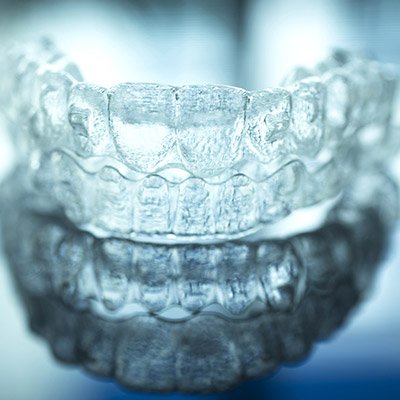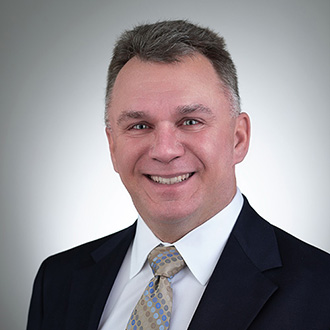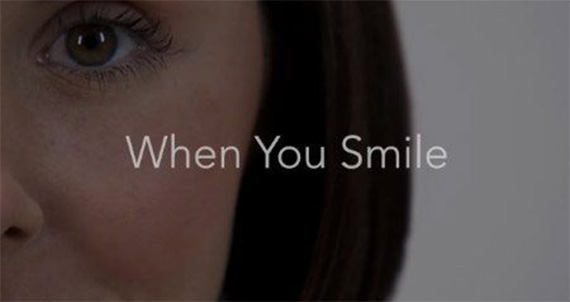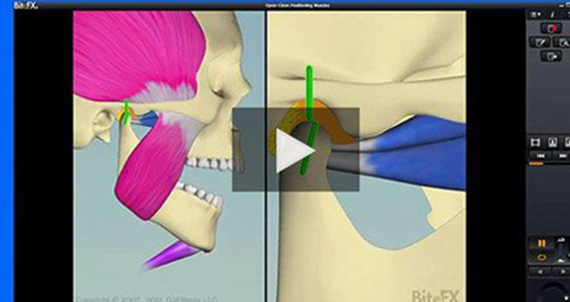4 Types of Malocclusion Fixed by Invisalign
Invisalign is an extremely popular orthodontic method for properly aligning the teeth and bite. In fact, as of 2014, it is estimated by Invisalign’s manufacturer that around 2.4 million people have been treated using Invisalign aligners since their introduction in the late 90s. Although there are many different reasons to choose Invisalign orthodontic treatment, many people elect this type of treatment for its discreteness.

With Invisalign treatment, clear aligner trays are worn 20-22 hours a day and are only removed during meal times or while brushing and flossing. As the patient moves through treatment, these aligners are gradually progressed so that the teeth can be repositioned. However, it is not only the crooked teeth that Invisalign can correct. Invisalign aligners can also fix malocclusion, or bite alignment problems. In fact, Invisalign can correct the following four types of malocclusion:
- Underbite
Underbites occur when your lower front teeth extend beyond your upper front teeth. Underbites are usually the result of your mandible, or lower jaw, sitting too far forward. They are considered to be a class 3 malocclusion and are also known as prognathism. Often times, underbites can cause problems with biting, chewing and speaking. It can also cause premature tooth wear. Invisalign can correct minor underbites, however, some more severe cases may also require surgery prior to Invisalign treatment. - Overbite
Overbites are the opposite of underbites. Also sometimes known as deep bites or retrognathism, overbites occur when the front top teeth extend beyond the bottom front teeth. Some percentage of an overbite is considered normal, however, if it extends beyond 25% then your dentist will likely recommend orthodontic treatment. A slight overbite is characterized as a class 1 malocclusion, while more severe overbites are known as class 2. Most cases of overbites can be corrected with Invisalign treatment alone. - Open Bite
Open bites occur when the top teeth do not touch the bottom teeth when the mouth is closed. Essentially, this can make it look like your mouth is partially open, even though it is closed. Open bites make it extremely difficult to bite into certain foods and to chew overall. Luckily, most cases involving an open bite can usually be corrected by Invisalign. - Crossbite
Crossbites occur when you have some upper front teeth that sit behind your bottom front teeth. Crossbites are the result of the upper and lower dental arches being laterally misaligned. This alignment can cause your teeth to become chipped or cracked, and can also lead to gum recession and eventual bone loss. Depending on the severity of the crossbite, Invisalign treatment may be able to be used. However, severe cases generally require another form of treatment.
Overall, underbites, overbites, open bites, and crossbites are the four different types of malocclusion that can be fixed by Invisalign. Therefore, not only can Invisalign makeover your smile, but it can change your bite to prevent future dental issues. Ultimately, however, only a consultation with an Invisalign dentist can ensure that Invisalign is the best treatment option for your needs.
Share this Article
Back to Blog Articles Page












